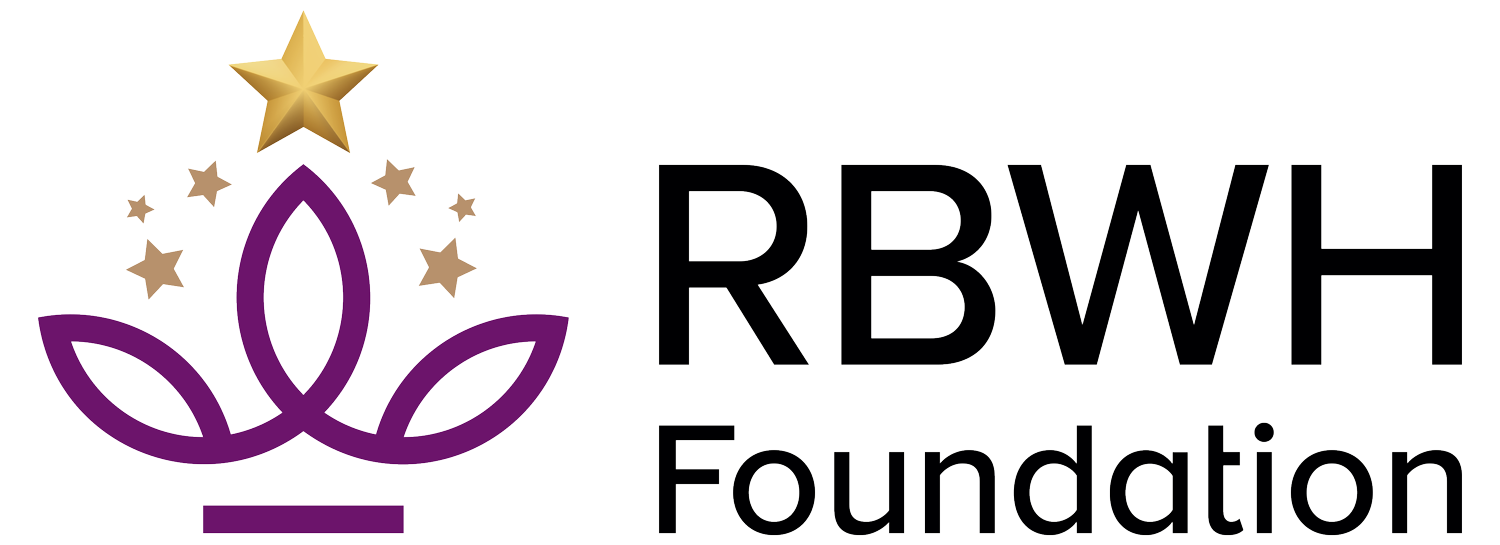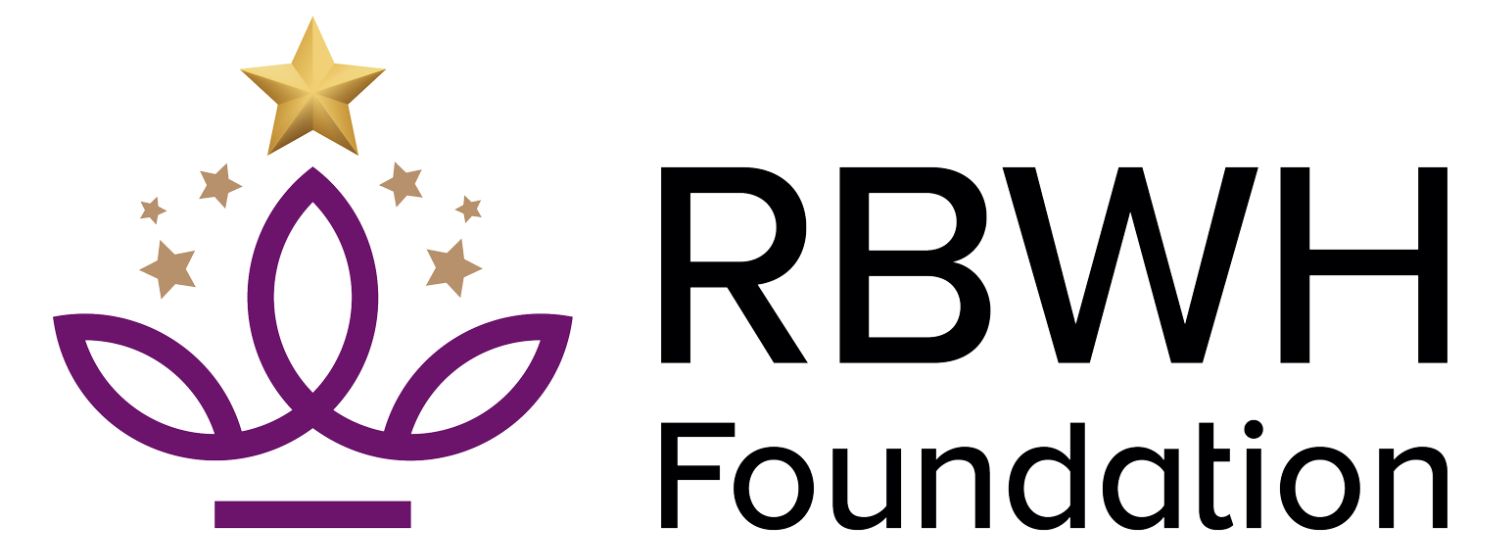Projects
Meeting the nutritional needs for hospitalised patients with eating disorders: the Feeds Needs study
2022 Extraordinary Opportunities Grant
Share this project
Project description
This project had two parts: a review of how indirect calorimetry (a method to measure energy use) is used in patients with eating disorders, and a study testing its use on hospital wards. Dr Kylie Matthews-Rensch's team trained dietitians to use this device and explored its practical application with patients.
Why this work is needed
Indirect calorimetry is a precise way to determine nutritional needs but isn't widely used for people with eating disorders. This research aimed to understand how to use it safely and effectively for these patients, considering their unique psychological and physical needs. By learning how to better use this method, we can offer more personalized and accurate nutrition care, potentially improving recovery and reducing hospital stays.
Outcomes
This project improved the knowledge and skills of dietitians in using indirect calorimetry, allowing them to apply it in clinical practice and future research. The findings will help create practical protocols for using this method in a sensitive and patient-centered way. This project shows how indirect calorimetry can enhance personalised nutrition care for people with eating disorders, ultimately improving their treatment and recovery process.
Meet the Project Leader

Dr Kylie Matthews-Rensch
Acting Research Coordinator and Clinical Dietitian
RBWH Dietetics and Foodservices
Dr Kylie Matthews-Rensch
Dr Kylie Matthews-Rensch is a clinical and research dietitian at the Royal Brisbane and Women’s Hospital who obtained her PhD in 2019. Kylie’s research focuses on the translation of research into clinical practice, particularly in the fields of refeeding syndrome and for patients with eating disorders. Her research in both fields has received national recognition and has impacted clinical practice guidelines across Australia.





